|
"Conservation is getting nowhere because it is incompatible with our Abrahamic concept of land. We abuse land because we regard it as a commodity belonging to us. When we see land as a community to which we belong, we may begin to use it with love and respect."
Aldo Leopold (1887 to 1948) Aldo Leopold was a conservationist, forester, philosopher, writer, and father of the United States’ wilderness system. If animals had a voice, what would they say to us? This gorilla has been taught sign language, and she has a poignant message for us: nature sees what we're doing, and needs our help.
“This is your new sun,” says Alistair in appropriately hushed tones as he hands us each a lit candle. We take one and sit down, quietly reflecting on what we just experienced.
We’re sitting in the dark surrounded by trees, on wild land between Brighton and the South Downs. There’s a stillness in the air. In the distance, an owl hoots then a horse neighs, reminding us we're not alone out here. It’s December 21st, a few days before Christmas, and we’re coming to the end of School of the Wild’s ‘embodied’ winter solstice ritual.
The ritual is a silent reflection on the year that’s ending, and gathering of thoughts and intentions for the year ahead. Alistair’s devised it for this the longest night of the year. It's the Winter Solstice. Or it will be at 4.49 in the morning to be exact. It’s about 8pm now, and it’s been properly dark for hours. The earlier driving rain is gone, the wind has died to nothing, and the moon is breaking through. We probably won’t stay out til the early hours, probably another hour or two. Our solstice fire is a celebration of this turning point in the seasons. A marker that says our lives are part of a larger cycle, that’s always moving, always renewing. A profound way to tune into the magic and beauty of the season. [To continue reading, click the read more link]
We are nature. Great video from WWF.
I heard someone on Radio 4 refer to poetry as "anecdotal evidence of the human heart". When science, rationalism and objectivity is the only acceptable truth for many, for me this ignores the truth of our hearts and of our lived experience. It's refreshing to acknowledge our own meaning of things as equally, if not more, valid. This is one of my favourite poems, it stirs my heart whenever I read it. Wild Geese by Mary Oliver You do not have to be good. You do not have to walk on your knees For a hundred miles through the desert, repenting. You only have to let the soft animal of your body love what it loves. Tell me about your despair, yours, and I will tell you mine. Meanwhile the world goes on. Meanwhile the sun and the clear pebbles of the rain are moving across the landscapes, over the prairies and the deep trees, the mountains and the rivers. Meanwhile the wild geese, high in the clean blue air, are heading home again. Whoever you are, no matter how lonely, the world offers itself to your imagination, calls to you like the wild geese, harsh and exciting - over and over announcing your place in the family of things. from Dream Work by Mary Oliver published by Atlantic Monthly Press © Mary Oliver
Damper bread was the traditional bread of Australian bush men, traditionally baked in the coals of a fire. It's very easy to make, and is great camp fire food. Here's a version using hazelnuts mixed into the flour, shown to us by Jonathon Huet at our Wild Food and Medicine class. Damper bread is delicious dipped in wild berry syrup, or simply buttered. Ingredients 35gm Hazelnuts Third to Half Cup Flour Quarter to Third Cup Water Glug of Oil Cooking time: 15 minutes Serves 2 people (multiply quantities for more people) Method 1. If you can, forage for hazelnuts, else use shop bought 2. Get fire going 3. Heat oil in large skillet over fire 4. Roughly crush hazelnuts in a bowl 5. Mix hazelnuts into the flour
6. Slowly add water to the flour and bring it together with your hands to make a dough 7. Form patties and drop them into the hot oil 8. Cook both sides until golden brown, ensuring the middle is cooked through 9. Serve The Peace of Wild Thingsby Wendell Berry When despair for the world grows in me
and I wake in the night at the least sound in fear of what my life and my children’s lives may be, I go and lie down where the wood drake rests in his beauty on the water, and the great heron feeds. I come into the peace of wild things who do not tax their lives with forethought of grief. I come into the presence of still water. And I feel above me the day-blind stars waiting with their light. For a time I rest in the grace of the world, and am free. Wendell Berry, "The Peace of Wild Things" from The Selected Poems of Wendell Berry. Copyright © 1998 |
Author & CuratorNigel Berman is the founder of School of the Wild. Archives
March 2024
|
Leaders |
About Us
Support |
|
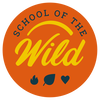
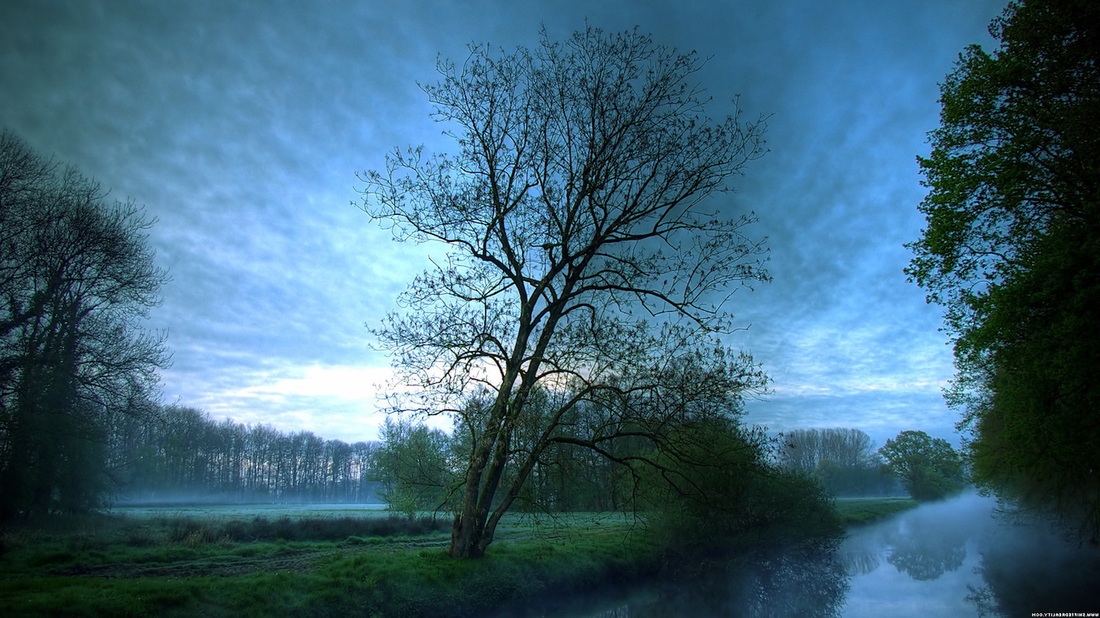
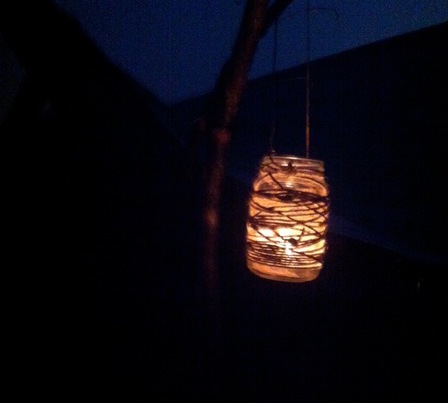
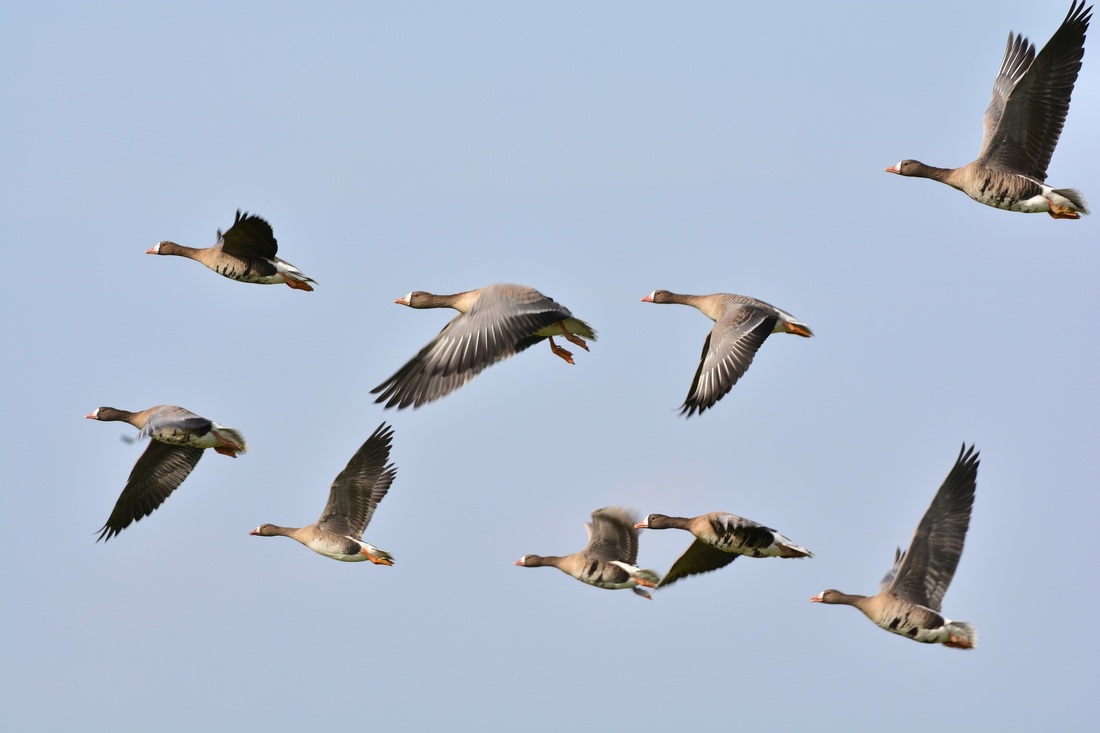
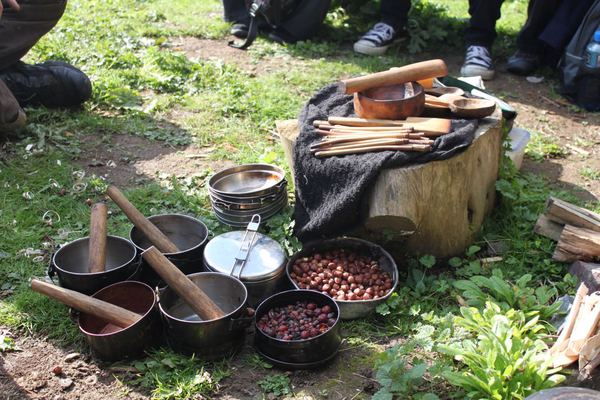
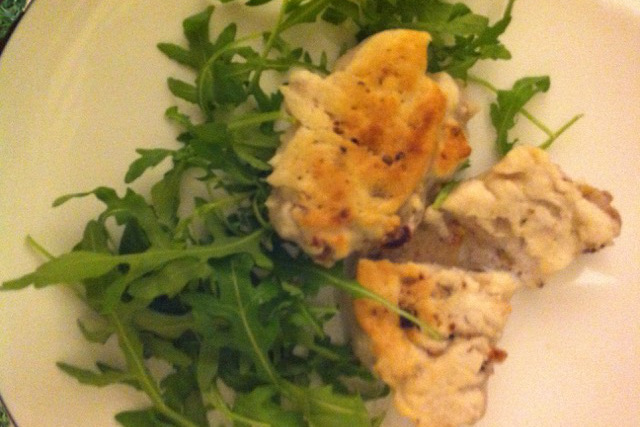
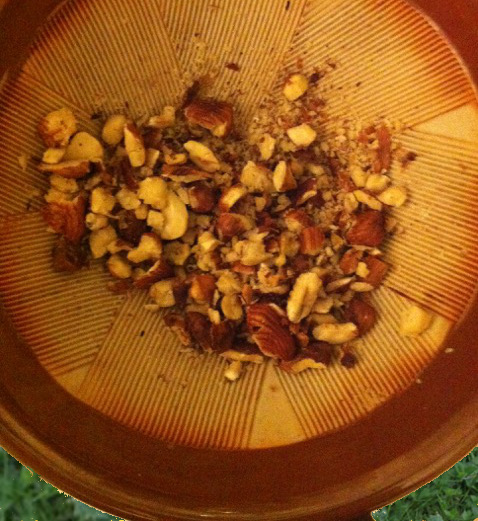
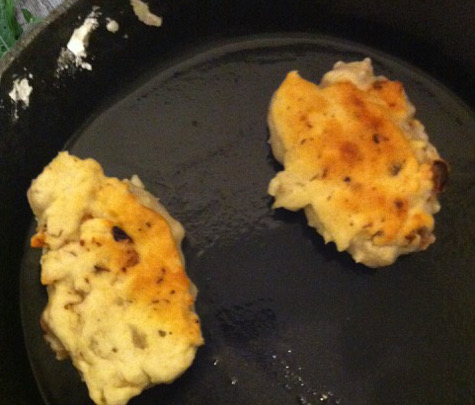
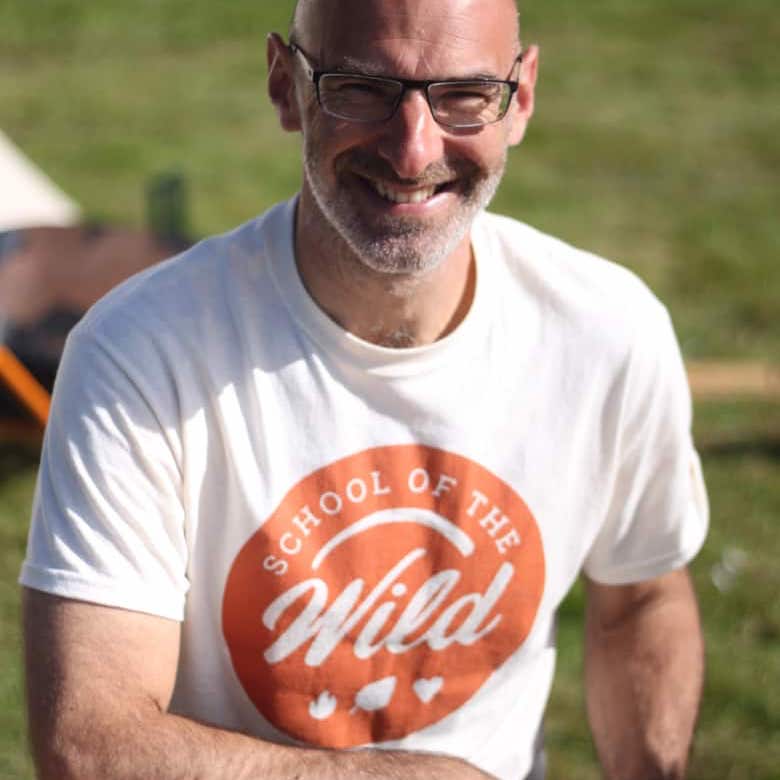
 RSS Feed
RSS Feed



